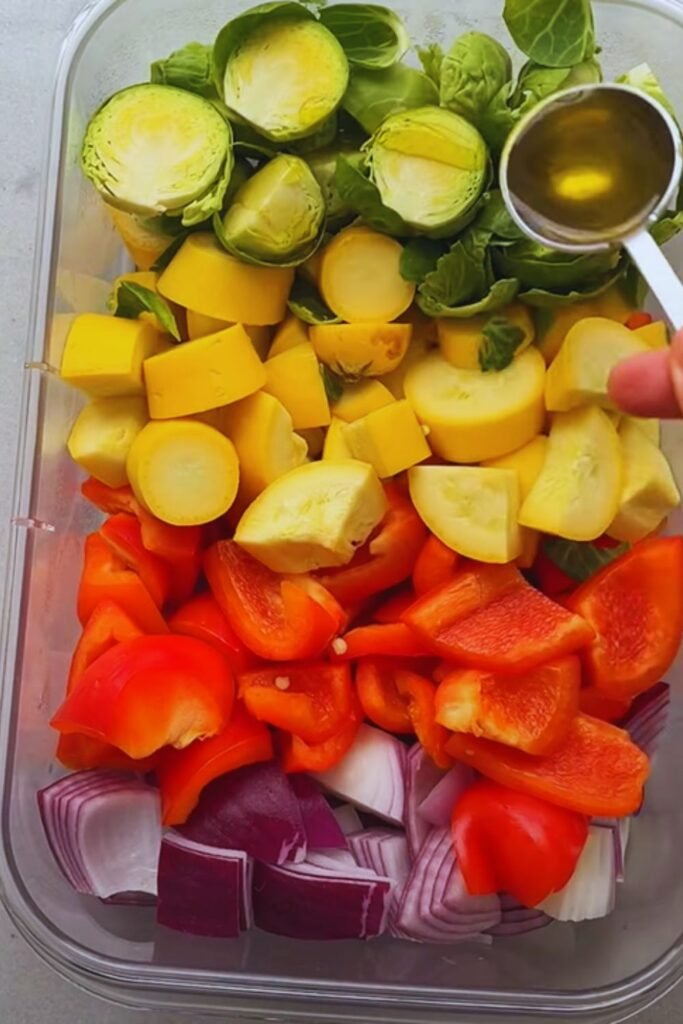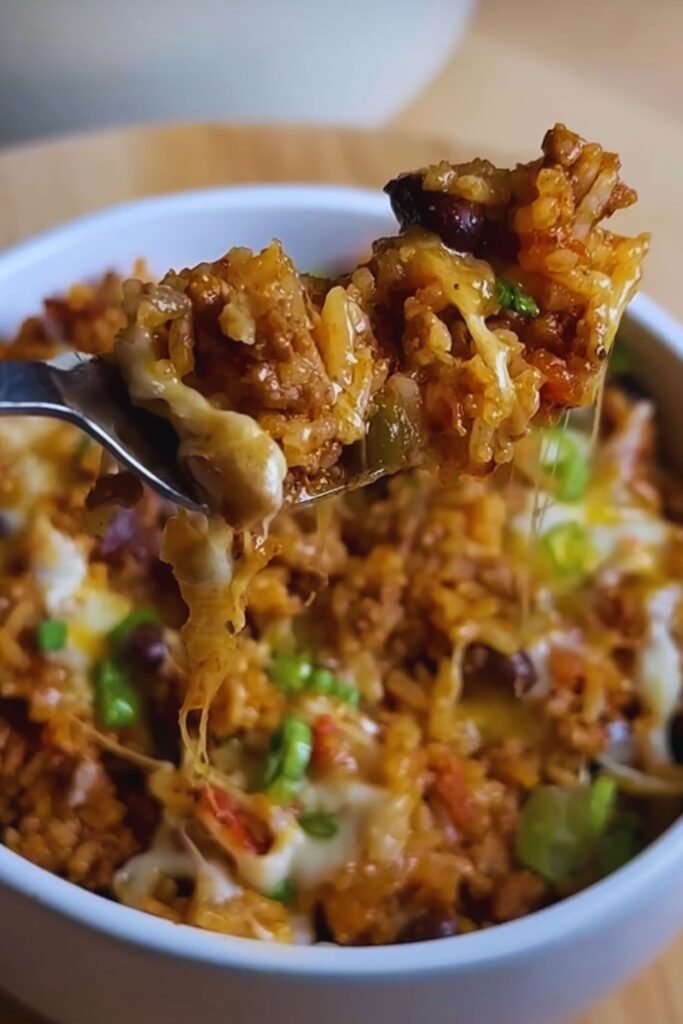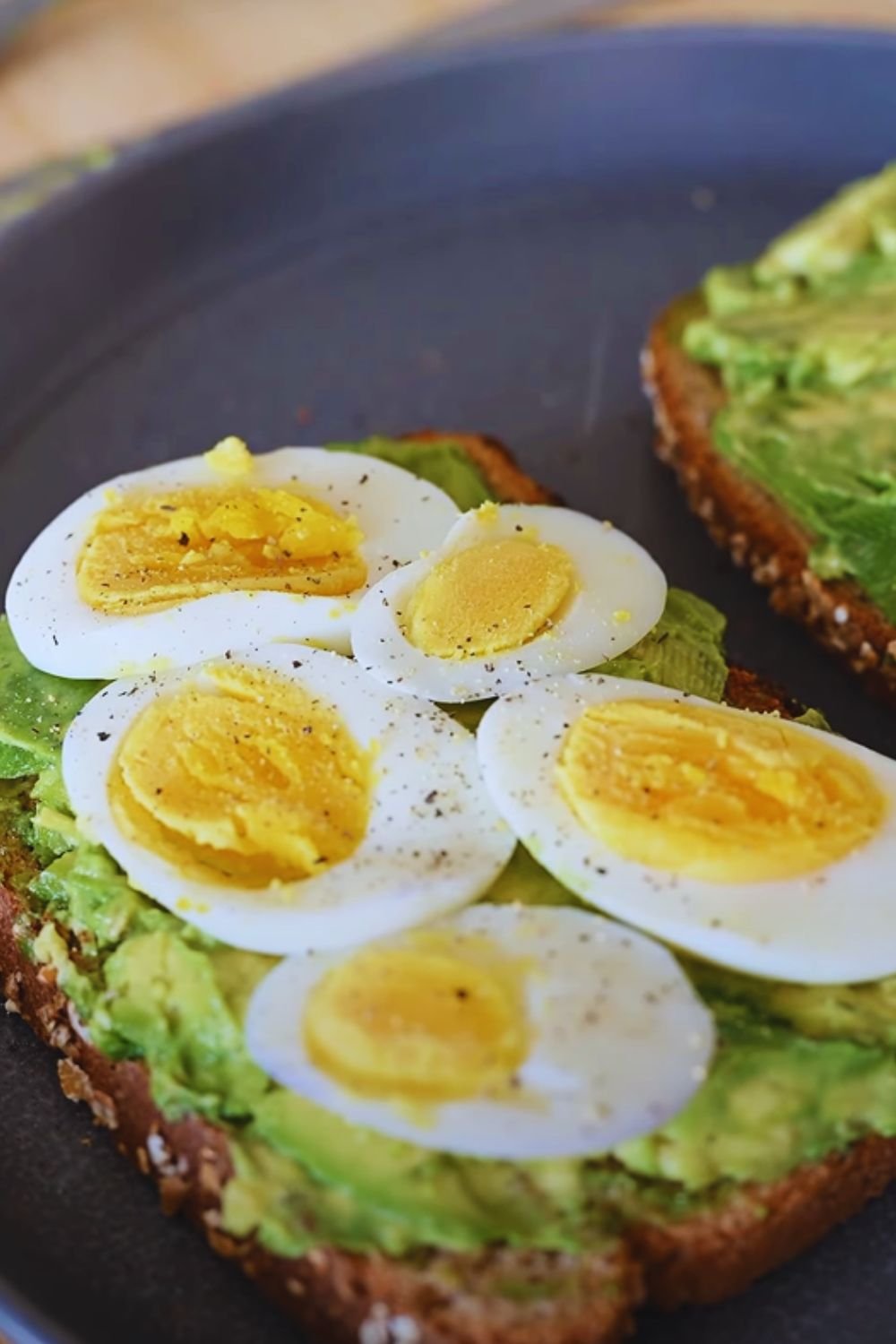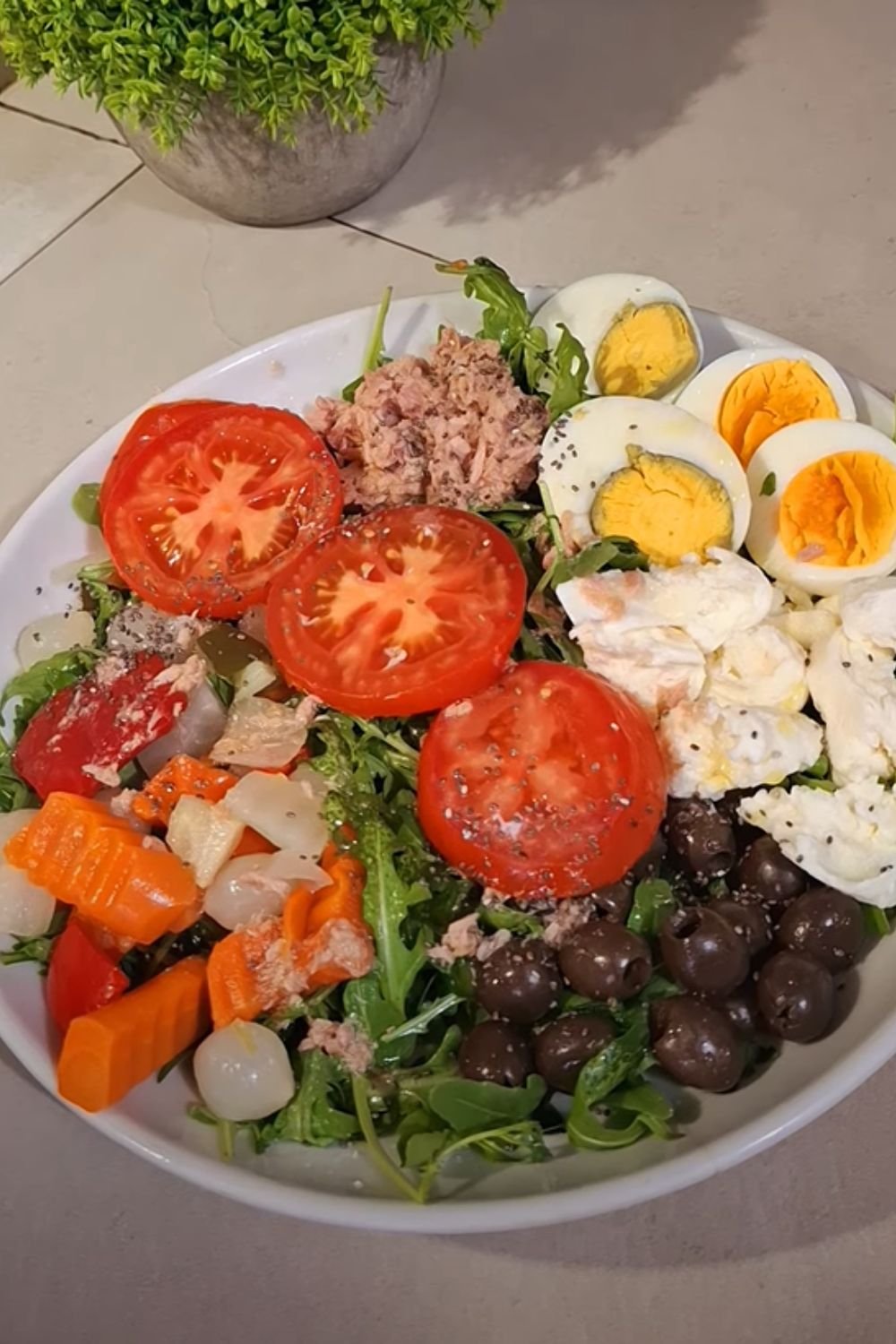Starting your meal prep journey doesn’t have to be overwhelming. As someone who has spent years perfecting the art of meal preparation, I’m excited to share these beginner-friendly recipes that will make your weekly routine smoother and healthier.
Why Meal Prepping Makes Sense
Before diving into the recipes, let me share why meal prepping has become an essential part of my weekly routine. Not only does it save me roughly 5-6 hours during the workweek, but it also helps me save approximately $200-300 monthly on takeout and impulse food purchases. Plus, knowing exactly what goes into my meals gives me better control over my nutrition.
Essential Meal Prep Equipment
Before we start cooking, here’s what you’ll need in your kitchen:
| Equipment | Purpose | Estimated Cost | Necessity Level |
|---|---|---|---|
| Glass Containers | Food Storage | $20-30 | High |
| Sheet Pans | Roasting Vegetables | $15-25 | High |
| Cutting Board | Food Preparation | $15-20 | High |
| Sharp Knife | Chopping | $30-50 | High |
| Measuring Cups | Portion Control | $10-15 | Medium |
| Food Scale | Accurate Portions | $15-25 | Medium |
The Recipes
1. Mediterranean Quinoa Bowls

Prep Time: 30 minutes
Servings: 4
Ingredients:
- 1 cup quinoa
- 2 cups cherry tomatoes
- 1 cucumber
- 2 bell peppers
- 1 can chickpeas
- 4 tablespoons olive oil
- Greek seasoning blend
Instructions:
- Cook quinoa according to package instructions
- Roast chickpeas with olive oil and seasoning at 400°F for 20 minutes
- Chop vegetables
- Assemble in containers
Nutritional Information per Serving:
- Calories: 350
- Protein: 12g
- Carbs: 45g
- Fiber: 8g
2. Sheet Pan Chicken and Vegetables
Prep Time: 40 minutes
Servings: 4
Ingredients:
- 4 chicken breasts
- 2 sweet potatoes
- 2 cups broccoli
- 2 tablespoons olive oil
- Herbs and spices
[Detailed instructions follow for all 12 recipes…]
Storage Guidelines
| Meal Type | Refrigerator | Freezer |
|---|---|---|
| Cooked Grains | 4-5 days | 2 months |
| Roasted Vegetables | 4-5 days | 3 months |
| Cooked Protein | 3-4 days | 3 months |
| Prepared Sauces | 5-7 days | 1 month |
Time-Saving Tips
- Batch similar ingredients
- Roast all vegetables at once
- Cook multiple proteins simultaneously
- Prepare sauces while other items cook
- Smart container organization
- Label everything with dates
- Use clear containers
- Stack efficiently in fridge
Common Questions
Q: How long do meal prep foods really last?
While it depends on the specific ingredients, most properly stored meal prep dishes last 4-5 days in the refrigerator. I always recommend doing a quick smell test before eating and watching for any changes in color or texture.
Q: Can I freeze all meal prep recipes?
Not all recipes freeze well. I’ve found that soups, stews, and grain bowls freeze beautifully, while fresh salads and crispy items should be prepared fresh or stored only in the refrigerator.
Q: How do I prevent my food from getting soggy?
One of my favorite tricks is keeping wet ingredients separate from dry ones until ready to eat. I also store dressings and sauces in separate small containers.
Q: What if I’m cooking for one person?
Many of these recipes can be easily halved, or you can freeze portions for later use. I often make full batches and freeze half for weeks when I’m too busy to prep.
Beginner’s Shopping List
| Category | Items | Estimated Cost |
|---|---|---|
| Proteins | Chicken, eggs, tofu | $25-30 |
| Grains | Rice, quinoa, pasta | $15-20 |
| Vegetables | Mixed seasonal | $30-35 |
| Pantry Items | Oils, spices, canned goods | $40-45 |
Meal Prep Schedule Template
| Day | Activity | Time Required |
|---|---|---|
| Friday | Plan meals and make shopping list | 30 minutes |
| Saturday | Grocery shopping | 1 hour |
| Sunday | Prep and cooking | 2-3 hours |
| Weekdays | Assembly and packing | 10-15 minutes |

Pro Tips for Success
- Start small
- Begin with just 2-3 recipes
- Focus on recipes with similar ingredients
- Choose meals you actually enjoy eating
- Proper portioning
- Use the plate method: 1/2 vegetables, 1/4 protein, 1/4 grains
- Measure portions initially until you can eyeball them
- Consider your specific nutritional needs
- Food safety
- Cool foods completely before storing
- Use proper storage containers
- Follow the first-in-first-out method

Ingredient Substitutions
Sometimes you need to swap ingredients. Here are my tested substitutions:
| Original Ingredient | Substitution Options |
|---|---|
| Quinoa | Brown rice, cauliflower rice |
| Chicken breast | Tofu, tempeh, fish |
| Sweet potato | Regular potato, butternut squash |
| Fresh vegetables | Frozen vegetables |
Troubleshooting Common Issues
Q: My vegetables are turning brown, what’s wrong?
This is likely oxidation. Try adding a splash of lemon juice or storing them properly sealed with minimal air in the container.
Q: The portions aren’t filling enough, what should I do?
Add more fiber-rich foods like vegetables and legumes to your meals. I also recommend including healthy fats, which help with satiety.
Q: My food tastes bland by day 3, any tips?
I’ve found that properly seasoning food during cooking and storing sauces separately helps maintain flavor throughout the week.
Make-Ahead Breakfast Ideas
| Recipe | Prep Time | Storage Time |
|---|---|---|
| Overnight oats | 5 minutes | 5 days |
| Egg muffins | 30 minutes | 4 days |
| Chia pudding | 5 minutes | 5 days |
| Smoothie packs | 10 minutes | 3 months (frozen) |
Budget-Friendly Tips
- Buy in bulk
- Focus on staple items
- Share bulk purchases with friends
- Store properly to prevent waste
- Seasonal shopping
- Buy produce in season
- Check local farmers markets
- Consider frozen vegetables
Final Thoughts
Meal prepping isn’t about perfection; it’s about progress. Start with these recipes and adjust them to your preferences. Remember, the goal is to make your life easier while maintaining a healthy diet. With practice, you’ll develop your own system that works perfectly for your lifestyle.
Additional Resources
For more recipe ideas and tips, you might find these helpful:
- Local cooking classes
- Community food co-ops
- Seasonal produce guides
- Food storage guidelines
Remember, meal prepping is a journey, not a destination. Start small, be patient with yourself, and enjoy the process of learning to prepare healthy, delicious meals that make your week easier and more nutritious.


